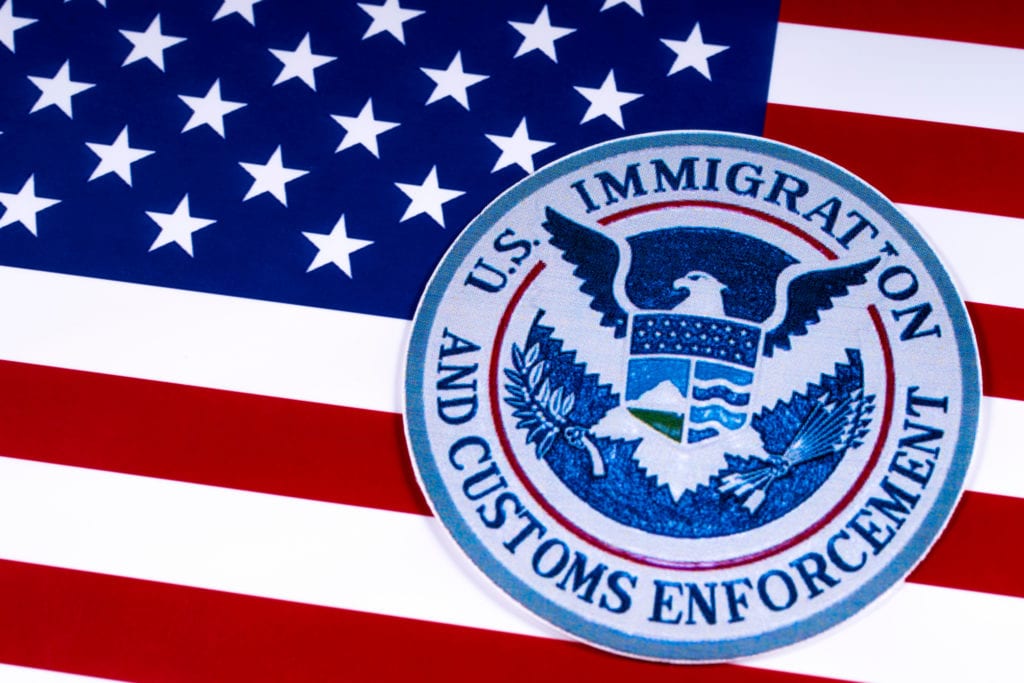What is the Final Rule on Public Charge Ground of Inadmissibility?
What is the Final Rule on Public Charge Ground of Inadmissibility?
The Department of Homeland Security has announced that the rule relating to the public charge ground of inadmissibility will go into effect on Monday, February 24, 2020, except in the state of Illinois (where the rule remains enjoined by a federal court). This rule describes the reasons why an alien may be denied admission to the United States as it relates to that individual’s dependency on the U.S. government for income support.
The final rule applies mainly to applicants for admission, aliens seeking to adjust their status to that of lawful permanent residents from within the United States, and aliens within the United States who hold a nonimmigrant visa and seek to extend their stay in the same nonimmigrant classification or to change their status to a different nonimmigration classification. The rule doesn’t apply to a host of other types of aliens such as refugees, asylees, certain nonimmigrant trafficking and crime victims, to those granted a waiver of public charge inadmissibility, among others.
A public charge is defined as a person who is likely to become “primarily dependent on the government for subsistence, as demonstrated by either the receipt of public cash assistance for income maintenance, or institutionalization for long-term care at government expense.” Some examples are federally funded Medicaid, Supplemental Nutrition Assistance Program (SNAP, formerly known as food stamps), Section 8 housing assistance and federally subsidized housing. These types of benefits may be used as evidence that an alien is inadmissible under the public charge ground.
Non-cash benefits and special-purpose cash benefits that are not intended for income maintenance are not subject to public charge consideration, such as job training programs, childcare services, unemployment compensation, and emergency disaster relief, among many others.
The final rule clarifies the factors that will be considered before determining that an alien meets the definition for public charge: age, health, family status, assets, resources, financial status, education, and skills. No single factor will determine whether an individual is a public charge.
As mentioned above, there are many benefits that will not be considered under the public charge rule, and the mere receipt of some of the benefits do not automatically make an individual inadmissible on public charge grounds.
In the next few weeks prior to implementation, USCIS will post updated forms and submission instructions on its website.
For more information, please contact our office for a free telephone consultation (15 minute) at 248-557-3645.
Sevahn Merian
Associate Attorney, Immigration Law Department
The Law Offices of Joumana Kayrouz, PLLC
phone: (248) 557-3645 fax: (248) 200-0645 email: smerian@joumanakayrouz.com
1000 Town Center, Suite 800 Southfield, MI 48075
245




